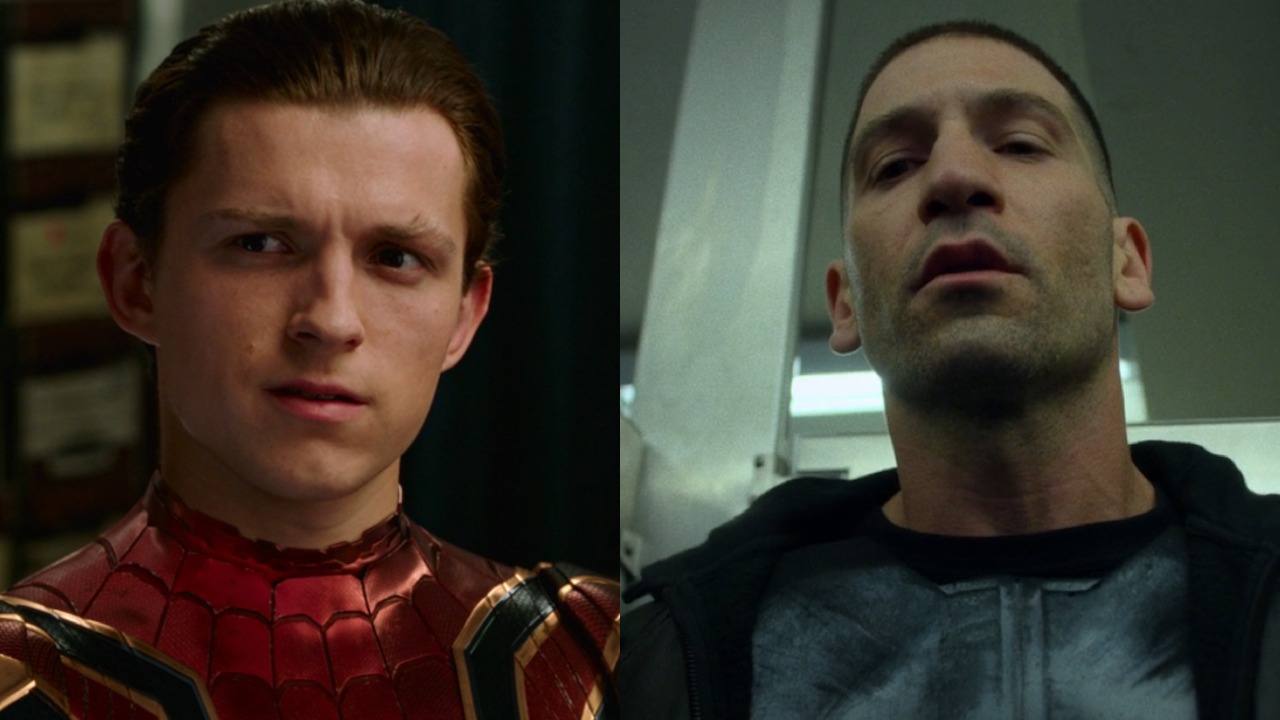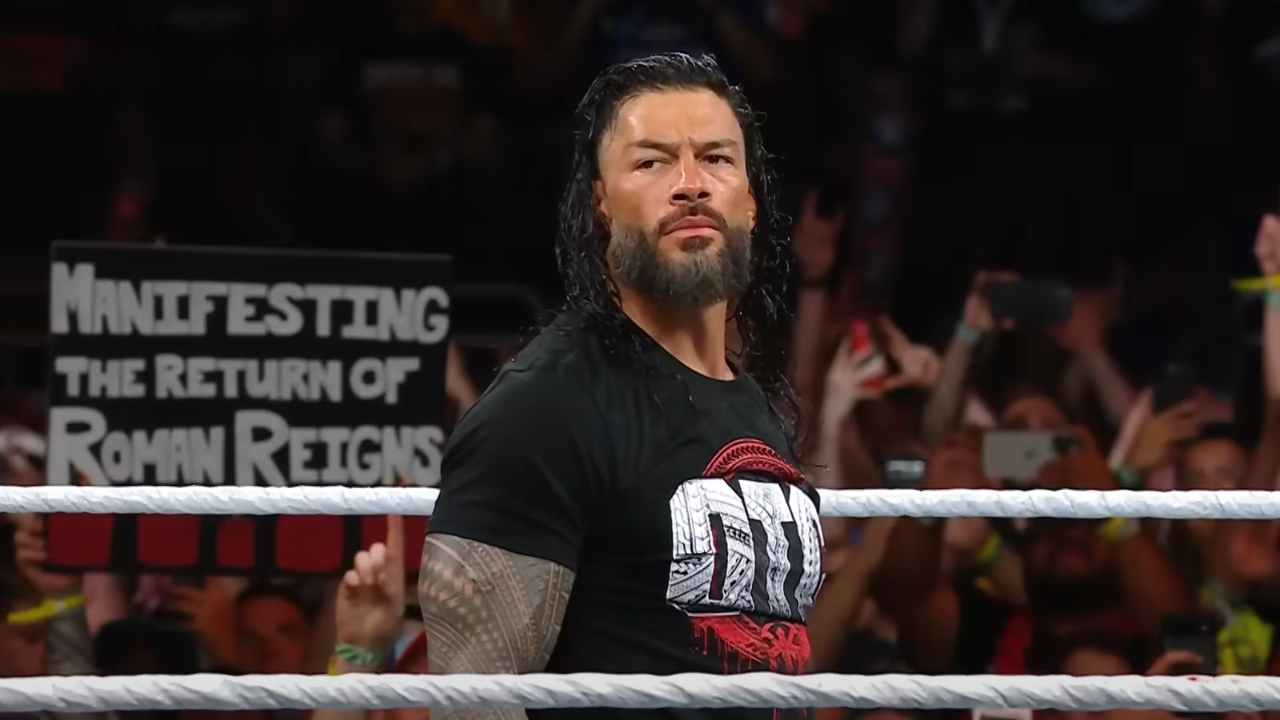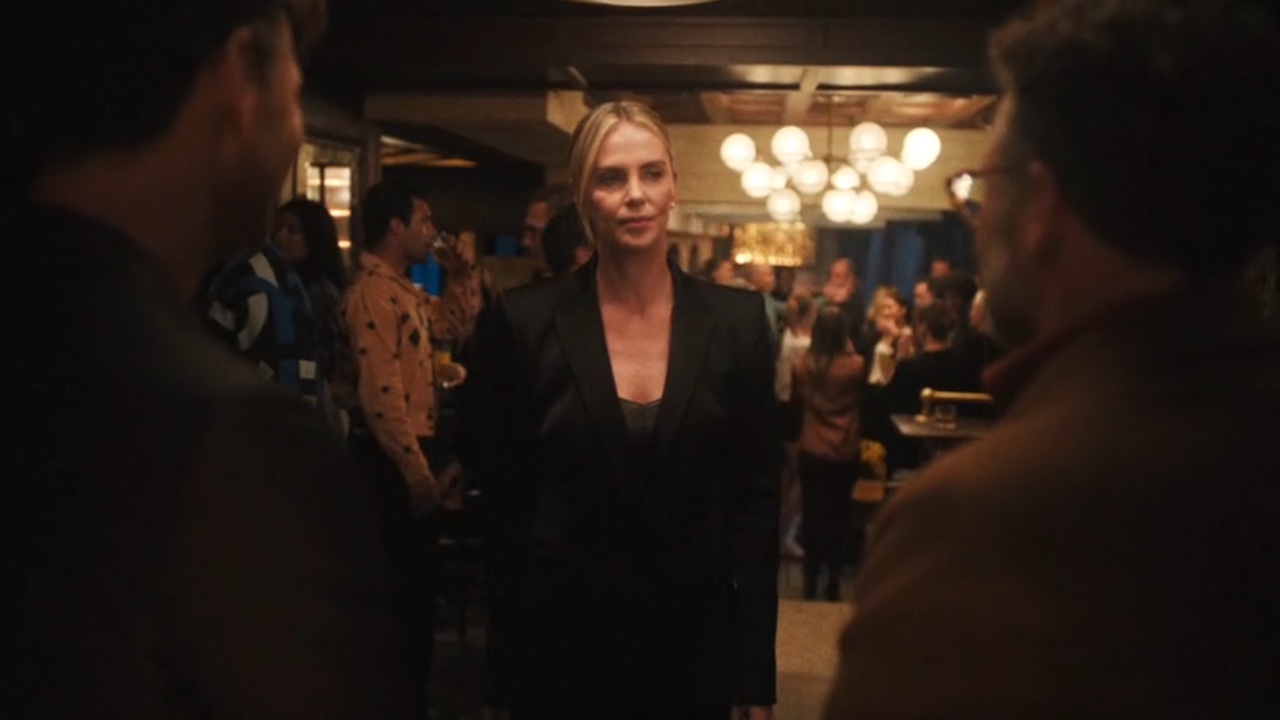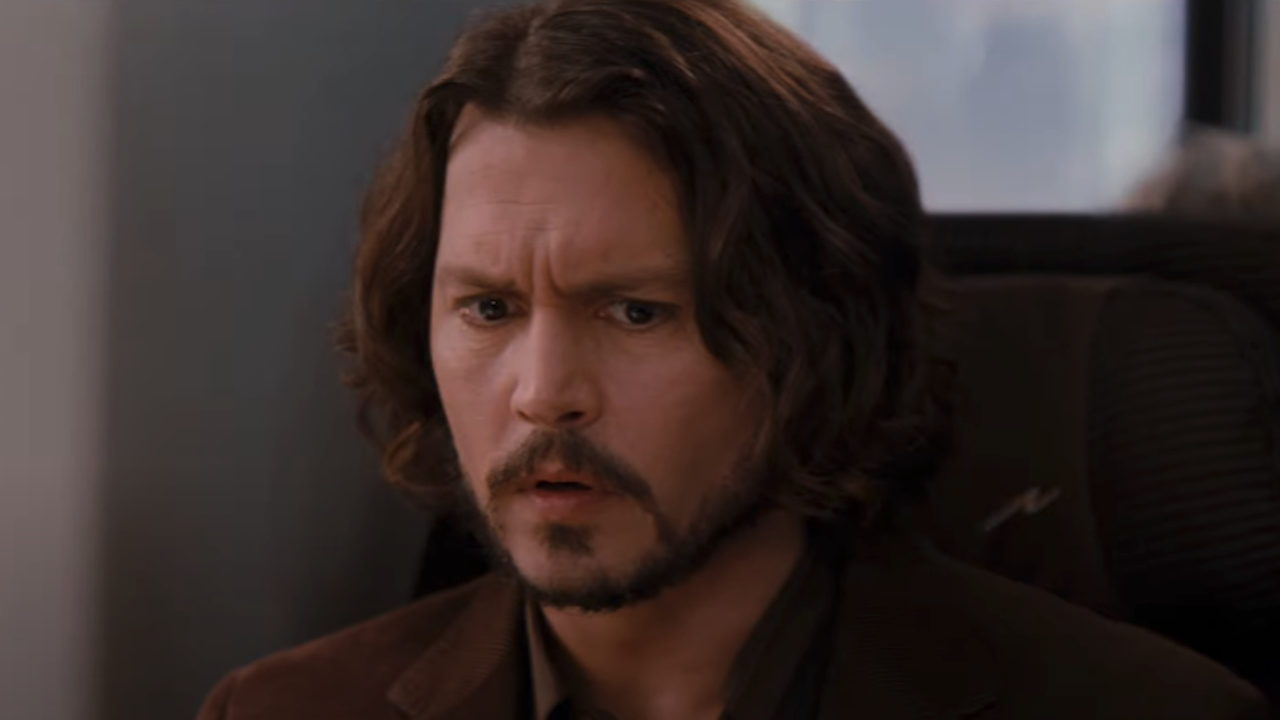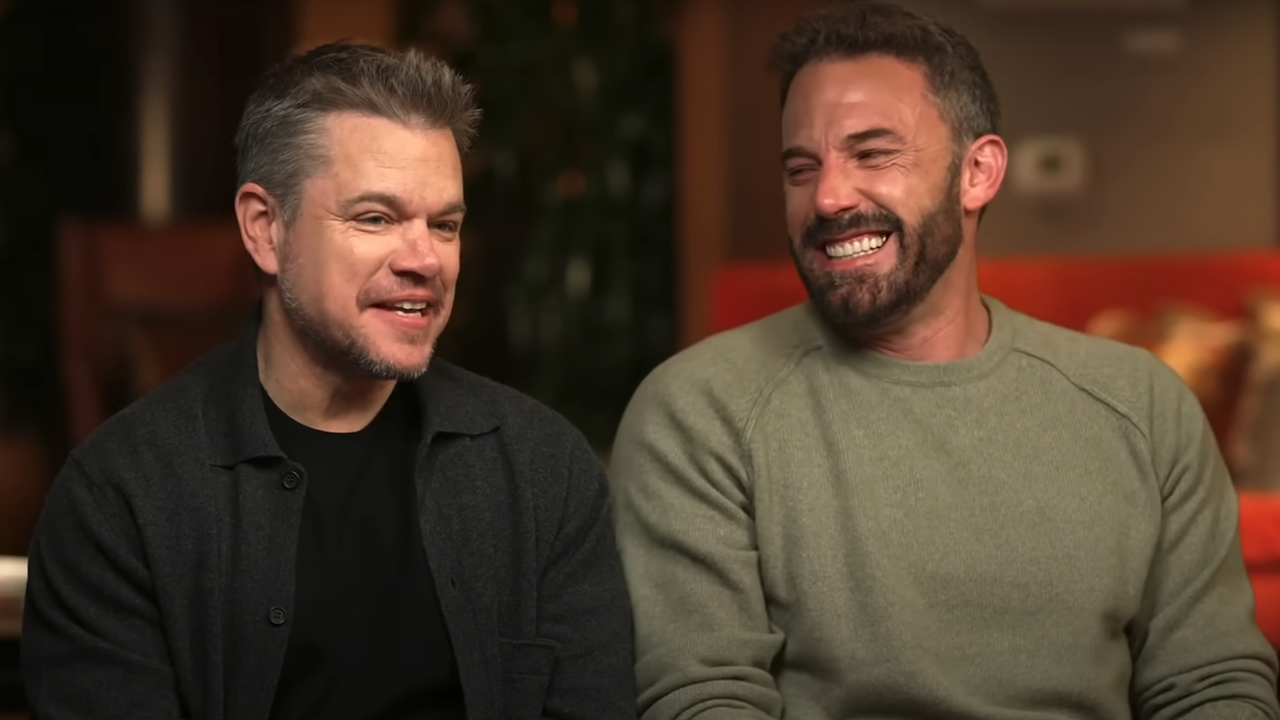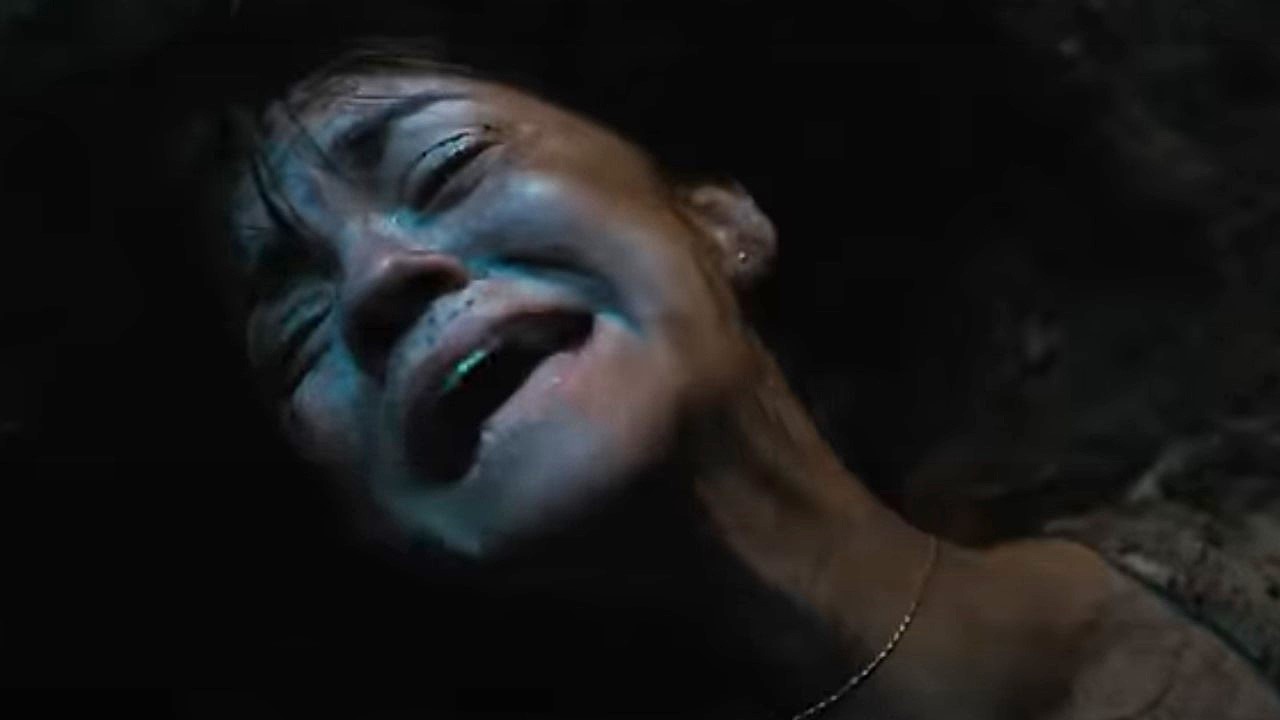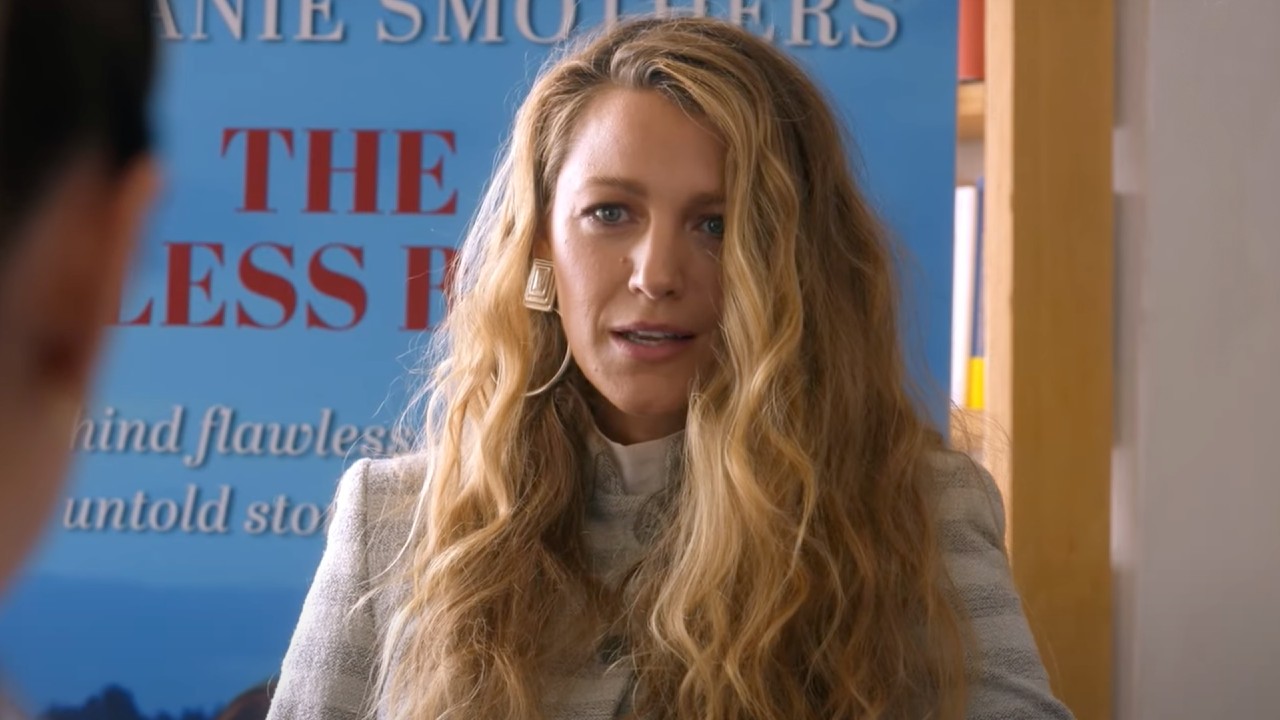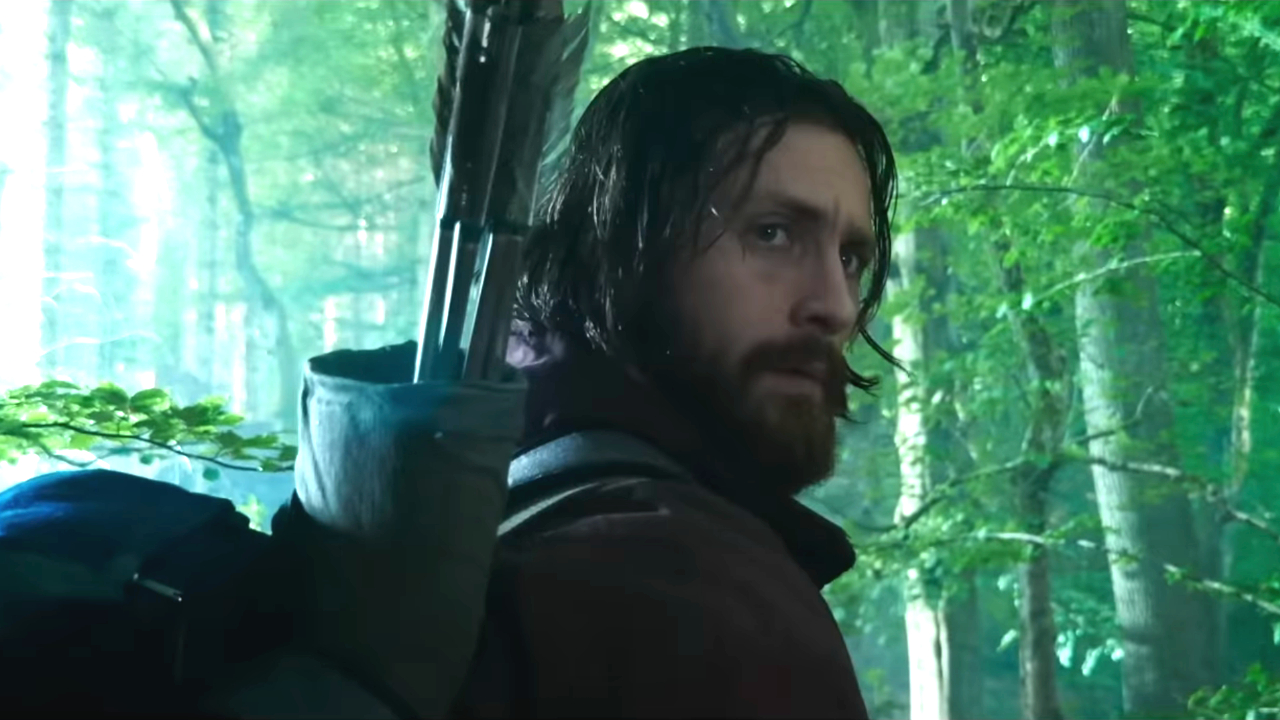David Wain Talks Working With Paul Rudd On Wanderlust

Since making his feature film debut with Wet Hot American Summer in 2001, director David Wain has never made a movie without Paul Rudd. From the dickish Andy in the summer camp comedy to the narrator with a moral dilemma in The Ten, to the acerbic and bitter Danny in Role Models, Wain has always turned to Rudd for his projects. But what is it about the actor that makes Wain never want to make a movie without him? Fortunately, I recently had the opportunity to ask.
With Wanderlust arriving in theaters, I had a chance last week to sit down with David Wain to not only talk about his working relationship with Paul Rudd, but also how he worked on the script with co-writer Ken Marino, the confidence that comes with being surrounded by friends on a movie set, and what’s going on with the Wet Hot American Summer sequel. Check it out!
Paul Rudd has had a role in every one of your films now. What do you think it is that drives the two of you to keep working together and also, why do you think he makes such a great leading man?
I like working together with him for many reasons. He genuinely makes me laugh all the time and he’ll take material that I’ve written or co-written and make it twice as funny just by viewing it with his personality and his acting. And he also can change it up every time and he can adjust it, and he can elevate it. He really is just like a magic man on screen. And he has so much charisma too. And getting to the second part of your question, I just think there’s something about him that he’s kind of just attractive in all the right ways. He’s like a regular guy, but also more than a regular guy. And I think that about Jen [Aniston] very similarly, actually. And that’s why I think they were such a good couple in this film.
And it’s not just Paul who you’ve worked with before. All over the film you see people from The State, from Wainy Days, and from your previous films. When you’re working with a group of people that you’re used to working with does it instill a level of confidence?
Of course! The comfort zone of working with your friends is something that I discovered the value of during The State, how much fun it was to run around with your college buddies and make a TV show. And I felt no reason in the past 25 years to stop doing that. It’s just been a total blast, and it’s the comfort zone, it’s the fun factor, and all of that comes out on screen. And, to my great luck, these also happen to be the funniest people in the business.
There’s obviously an extra challenge that comes with making comedy, because not only do you have to create a cogent story, but you also have to be sure that what you’re doing is actually funny. How many takes or versions do you typically do of scene before you think that you’ve gotten the right stuff?
CINEMABLEND NEWSLETTER
Your Daily Blend of Entertainment News
It really depends. It can be as few as two and as many as 15. It just depends on so many things. But on this one in particular we really were dealing with a lot of sexual material, so we wanted to make sure that we got as many different alts on set and improv so that we knew that if something didn’t quite land right with audiences we had other options to go to. So that was a lot of what we did in this. And then just in general comedy, yeah. You shoot and you try things, but it’s not the only way to do it. In Wet Hot American Summer we didn’t have the time or the money to over-shoot very much. We did very few takes, very few angles and very few extra scenes. But we had the luxury of spending years working on that script while we were looking for money, and sometimes your first instincts and your limitations can be great mothers of invention as well. So I think it’s a combination of things.
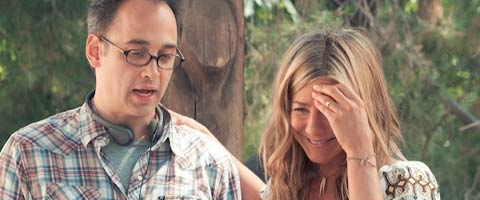
From there, when you go into the editing process, how can you be sure that when you’re putting it together that what you have is the best material to put forward?
Well, there’s never any absolute answer, but you through a process. And especially with a studio film where a lot of money is being spent and it’s our responsibility to appeal to the greatest number of people, we do a lot of formal test screenings and a lot of surveys and research and we also just get a lot of feedback from people we trust. Just a lot of screenings, basically. And you listen to the laughs. Part of the game, though, is that you have to not take everything literally. You have to be like, “Okay, maybe they didn’t laugh, but maybe it’s important to the story anyway or maybe I just believe in it anyway.” It’s just a constant figuring out back and forth and hopefully by the end you’ve taken your best shot.
As a writer, you’ve worked in both television and film. Do you have a preference when it comes to medium?
No, definitely not. They’re different enough that it’s great to be able to do both. With something like Children’s Hospital you have to work so fast and get the scripts written and shot and edited so quickly that you don’t have time to overthink it and that lends itself to a certain greatness. There’s a certain fun to it. And something like a movie you have a lot of time to mull over these jokes and that has its own excitement. So I hope to continue to do both.
Much like the cast, this isn’t the first time that you’ve written with Ken Marino, as you wrote the script for Role Models together. What is your writing process while working together and was it different while working on Wanderlust than it was when working on previous projects?
Well, it’s similar to the way we did The Ten, both are scripts we did on our own on spec and we just got together in a room for seven days with the goal of working twelve hours a day and going from no idea to a finished first draft. And we did that for both of those films. Role Models, we came on to the project two months before shooting and started over with it. Otherwise we just work as hard and focused as we can and we either sit together and do it either physically together or on Skype, because we live on different coasts.
Is it always together or do you ever take scenes or pages to develop by yourself?
Rarely. We mostly just work together.
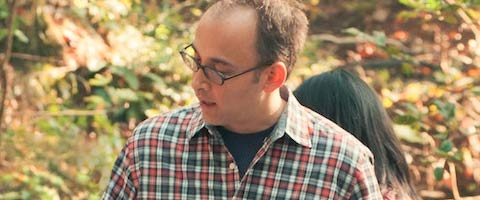
Why do you think that’s better for the process?
I don’t know that it is better, it’s just the way that we developed it. It’s just our style. We like to just sit and bounce it back and forth and it helps our discipline, just to be sitting there and be like, “Hey, let’s sit down and do it.” And I think when we are together and we are working we work pretty fast.
Going back to working with an ensemble cast, which has become a staple of your projects, is there ever an added pressure to making sure that all of the people are getting as much screentime as possible?
Yup, and that’s part of the fun. Some of my favorite movies have very large ensembles and everyone has a special part or special moments, and I just think that’s so much fun. I’d hate to make the movie and exclude everyone. So that’s part of the fun, is finding that little space for all the great people.
I do want to specifically ask about working with Joe Lo Truglio on this film, because you have worked with him many, many times before but he’s nude for almost the entire time he’s on screen in this one. How awkward did that get on set?
It was at first, and then we got very used to it very quickly. And I think that’s very true of what those characters must be like. Once you see something every day you don’t think about it anymore.
What was the discussion of bringing him on board knowing what he’d have to do?
[Laughs] Well, it was like, “If you want to play this part, you’re going to have to be naked.” And he was like, “Well, alright. As long as I can use a stunt cock.” For a romantic comedy there was an enormous amount of stunt work in this movie. Just so many doubles for so many things, like the guitar playing.
Does Justin Theroux not know how to play guitar?
Not to save his life. Not one second. He couldn’t even fake one note. But we replaced his head and we put arms through his sleeves, we did camera cuts…anything we could to make that fake work.
It really did work. You have a scene where it pans up right from his hands to his face.
Yeah, we just cut where we can [laughs].
I do also want to ask about the potential Wet Hot American Summer sequel, because Michael Showwalter recently said that the project was 100% going to happen. Can you confirm or deny?
He’s since has revised that statement. We are writing the script and we are putting together the elements. It is a process in a real way.
What would you say is the hardest element of putting that together?
Well, the hardest part will be gathering up 25 huge stars in one place at one time for a very, very low-budget movie. We’re going to do our best.
Is it strange kind of looking back on that cast? You bring together so many funny people in your movies, but watching that movie now and seeing Bradley Cooper and Amy Poehler and Elizabeth Banks and knowing how they’ve blown up…
I’m amazed and not so surprised because they’re all so great, but yeah. It’s really cool. It’s amazing.

Eric Eisenberg is the Assistant Managing Editor at CinemaBlend. After graduating Boston University and earning a bachelor’s degree in journalism, he took a part-time job as a staff writer for CinemaBlend, and after six months was offered the opportunity to move to Los Angeles and take on a newly created West Coast Editor position. Over a decade later, he's continuing to advance his interests and expertise. In addition to conducting filmmaker interviews and contributing to the news and feature content of the site, Eric also oversees the Movie Reviews section, writes the the weekend box office report (published Sundays), and is the site's resident Stephen King expert. He has two King-related columns.
